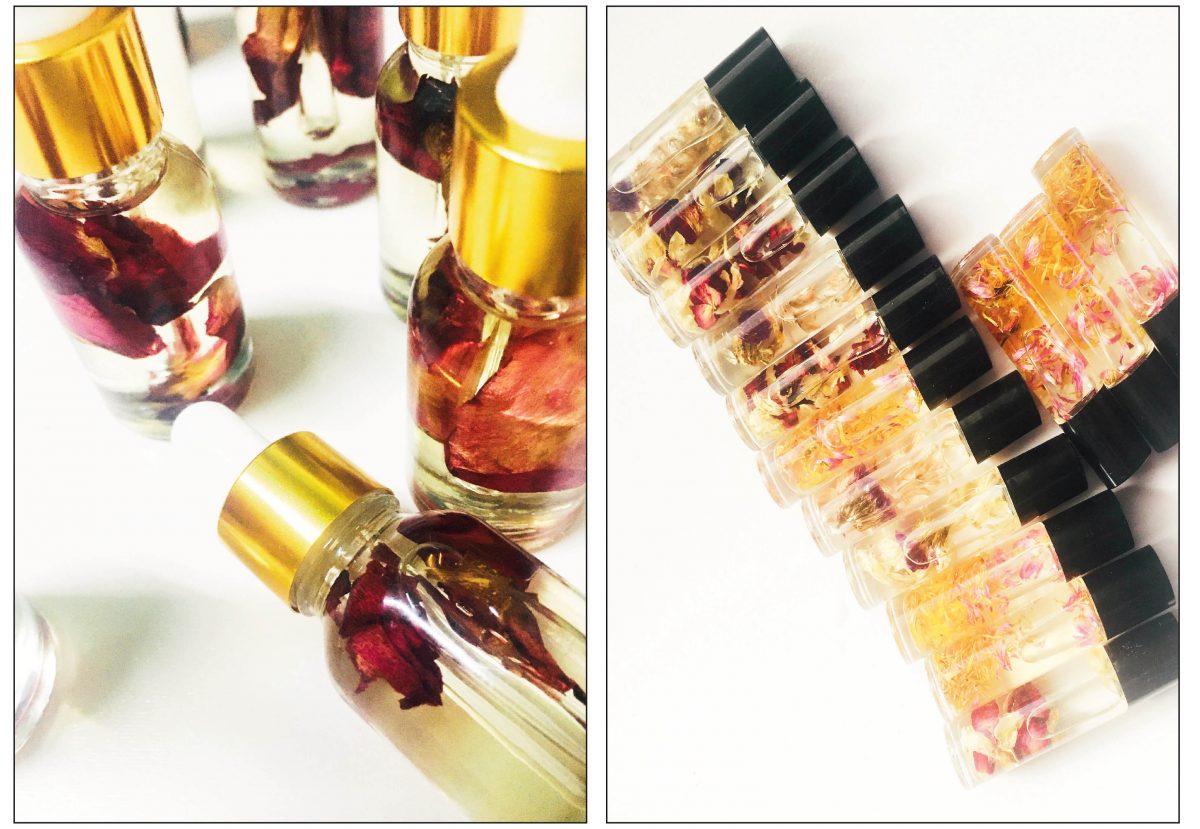Grossly inadequate official monitoring of the importation of beauty care products believed to be harmful to users’ health continue to undermine what a source in the beauty care industry has told the Stabroek Business is the likely continued exposure of users to likely longer term ‘health issues’. Efforts to stem the inflow of these products in contravention of advisories from the Government Analyst-Food and Drugs Department (GAFDD), is a reflection of the fact that there is no obvious actual enforcement mechanism to lend weight to the advisories issued by the GAFDD, the source told this newspaper.
And according to the source, a strong mechanism for deterring the importation of beauty care products ought to include education programmes for both service providers in the sector as well as their clients as well as sensitisation programmes that allow persons charged with enforcing the regulations to themselves recognise those products which, on account of their health implications, ought not to be offered for sale here.
The source also pointed to the weakness of the admonitions of the GAFDD in circumstances where the presence of many of these products in the local market were not connected to what was described as “official importation channels.” Many of these products, the source informed, are brought in by persons described as “small-time traders” and quite a few of the products “come across the border from Brazil.”
The source told this newspaper that whereas they had been in the past, a dispenser of beauty care products, some of which had been ‘fingered’ as being inimical to the physical well-being of users, they have remained part of the beauty care business and their product line was now derived entirely from local and imported plant-based concentrates that were known to be good for body and hair care. “I stay away from products that I have no information on,” the source told Stabroek Business.
The source told this newspaper that there does not appear to exist an active monitoring system that allows the authorities to stay abreast of what is happening in the beauty industry, beyond what was described as “the notices” issued by the GAFDD. One of the main weaknesses in the system, is the fact that gatekeepers whose task it is to roll back the importation of these products, “do not have clue which are the harmful products. There is need for education here,” they say.
Health-threatening products are imported into Guyana, the source disclosed, “by various means every day” and they slip by the authorities largely because “the gatekeepers don’t know them, they don’t recognize them.” Further, the importation of these harmful beauty care substances have now become a matter of urgency for two reasons. “First the demand is increasing and secondly we are getting evidence through research that some of these products are actually quite dangerous.”
Asked whether they felt that the pursuit of plant-based beauty products had advanced sufficiently to replace at least some of the imported products, the source responded that while they knew “only very little” about what was going on in that area, enough has been seen to conclude that “some persons are serious about doing the research and working to create products that might possibly replace some of the stuff that we use right now.”
With the seasonal local rush to the stylists and beauticians likely to begin any day now, the GAFDD, days ago, issued its customary advisory to consumers “to exercise caution and be very alert when purchasing articles of Cosmetic, Medical Device and Medicines during the festive season.” The GAFDD Advisory reminds consumers “to ensure that articles purchased must have a label applied in English Language with a clear written expiry date. Medicines must have package insert, must not be prepackaged and must be manufactured to be sold in Guyana’s climatic zone (IV).” The Advisory also urges consumers to “pay special attention to articles that are offered for sale at a significantly low reduced price.”








